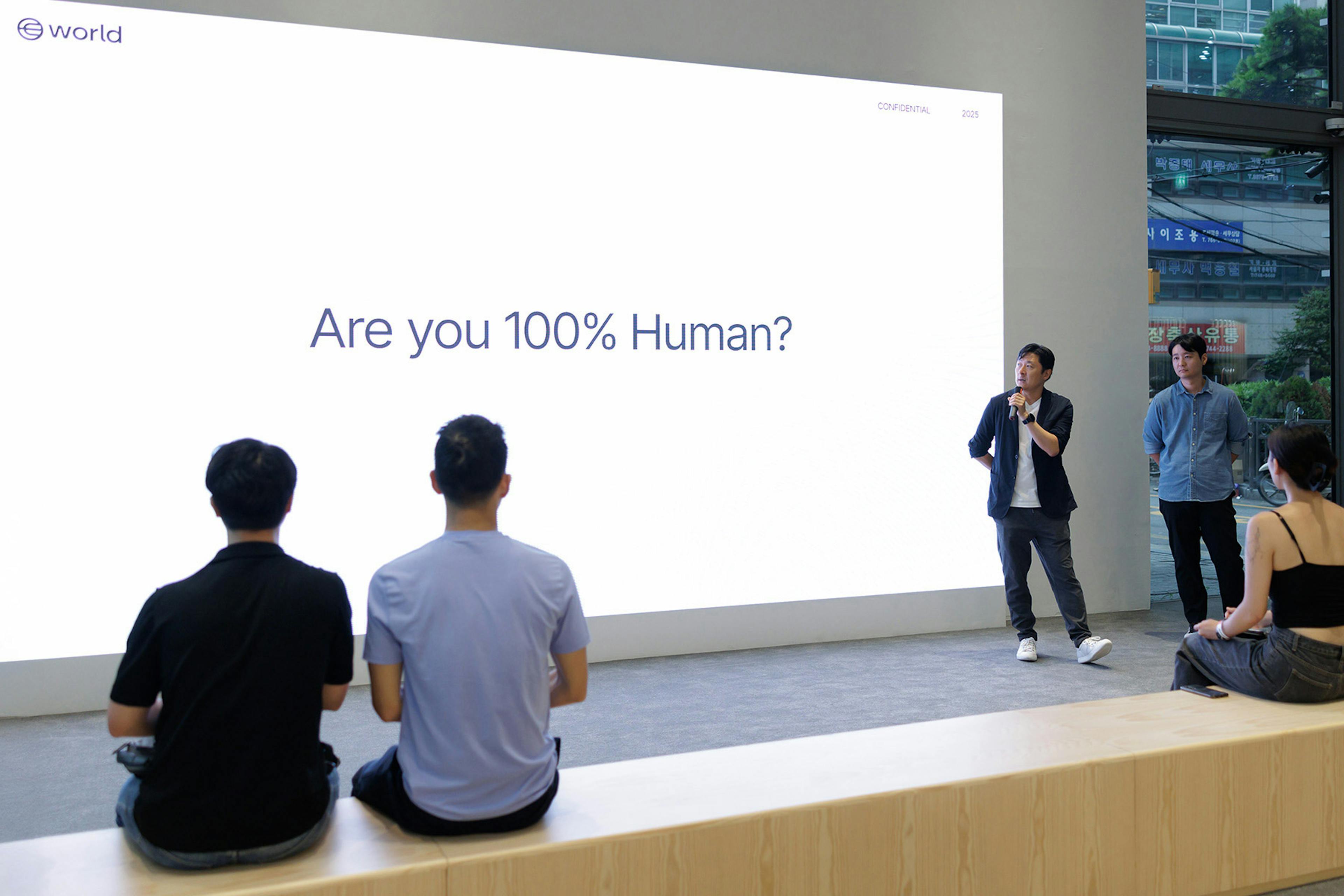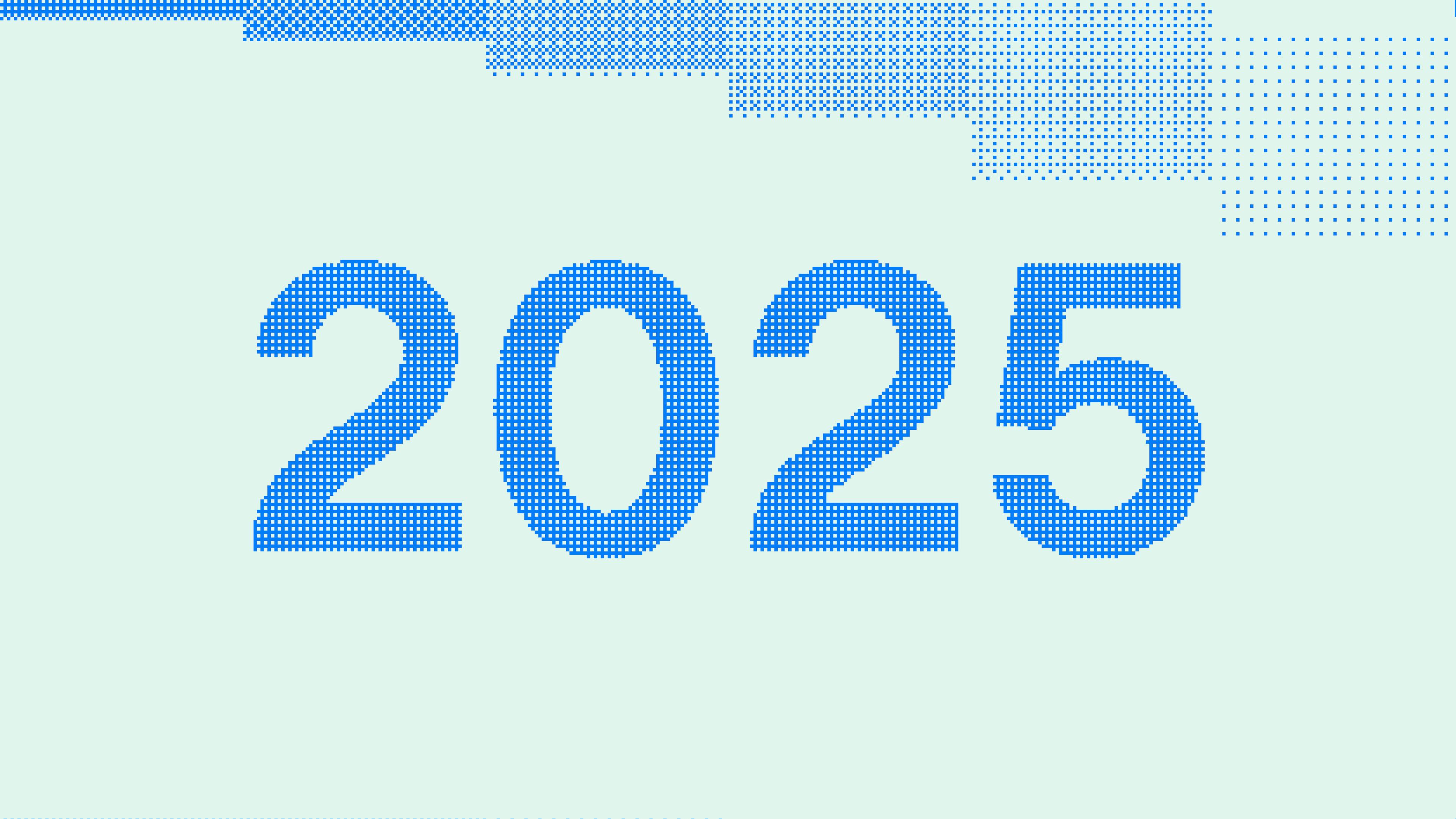
Bots aren’t new to video games. As AI advances, however, it’s reshaping how bots impact the gaming experience for human players—and not always for the better.
New global surveys from the US, South Korea and many more countries reveal just how much unauthorized third-party bots are damaging fair play in the AI-gaming era and how widespread the demand has become for proof of human solutions like World ID.
The problem with bots in gaming
According to over 800 survey respondents in the US, bots are almost ubiquitous in multiplayer games. In fact, 70% of serious gamers said they regularly encounter unauthorized, third-party bots while playing.
This isn’t always a bad thing.
For 20% of respondents, bots in multiplayer games actually make the gaming experience better. But they're the minority. Most US gamers share one of more of these top concerns with bots in multiplayer games:
- Bots make it hard for casual gamers to enjoy playing
- Bots put real human players at a disadvantage
- Bots can be used to gain unfair gameplay advantages
- Bots can be used to artificially inflate player counts in lobbies
- Bots can manipulate an in-game economy
- Bots can unfairly obtain loot or rare drops
Overall, more than 7 in 10 US gamers agree bots are both ruining multiplayer competition (71%) and making it less fun to play certain games (74%).
A global demand for a solution
It’s not just in the US, either. The results are the same in similar surveys* from around the world.
In Germany:
- 59% of gamers say bots ruin multiplayer competition.
- 70% want mechanisms to differentiate humans from bots.
In Indonesia:
- 74% of gamers say bots ruin multiplayer competition.
- 70% want mechanisms to differentiate humans from bots.
- 25% have stopped playing certain games entirely because of bots.
In Poland:
- 69% of gamers say bots ruin multiplayer competition.
- 70% want mechanisms to differentiate humans from bots.
In South Korea:
- 79% of gamers say bots ruin multiplayer competition.
- 83% said that human verification is important in gaming.
- 91% want mechanisms to differentiate humans from bots.
In LATAM, the numbers tell a similar story. According to more than 48,000 World App survey respondents across Argentina, Brazil, Chile, Costa Rica and Mexico:
- 84% of respondents want to know if they’re playing an online game against a bot.
- 60% think bots make online games less fun.
World ID: The proof of human solution for gamers
It’s not all doom and gloom, though. Proof of human solutions like World ID offer a secure and anonymous way to help solve the problem of bots in online gaming today.
In fact, World and Razer, the global leader in gaming lifestyle products, recently announced a first-of-its-kind partnership designed to enhance human gaming in the age of AI.
Think of World ID as an AI-proof CAPTCHA, or a blue checkmark that anonymously verifies you as a unique human online. With World ID integrated into your favorite multiplayer online game, it’s easier not only for players to know who they’re playing against, but for developers to even the playing field for real human gamers.
There are currently [11 million] Orb-verified World ID holders on World Network, giving game developers access to a global network of real humans, as well as detailed developer docs to make it simple to integrate your game with World ID.
Learn more
To be the first to hear about new World surveys, visit the World website.
You can also join the daily conversations on all World social media channels, or get additional important information concerning the project by reading the World protocol whitepaper.
免責条項
*US survey: Echelon Insights, N=818 adults nationwide who play multiplayer video games on a smartphone, tablet, computer, console, or VR headset. February 24-27, 2025
Korea survey: Macromill Embrain, N=800 Korean gamers nationwide who play multiplayer video games on a smartphone, tablet, computer, console, or VR headset. February, 2025
The above content speaks only as of the date indicated. Further, it is subject to risks, uncertainties and assumptions, and so may be incorrect and may change without notice. A full disclaimer can be found in our Terms of Use and Important User Information can be found on our Risks page.



